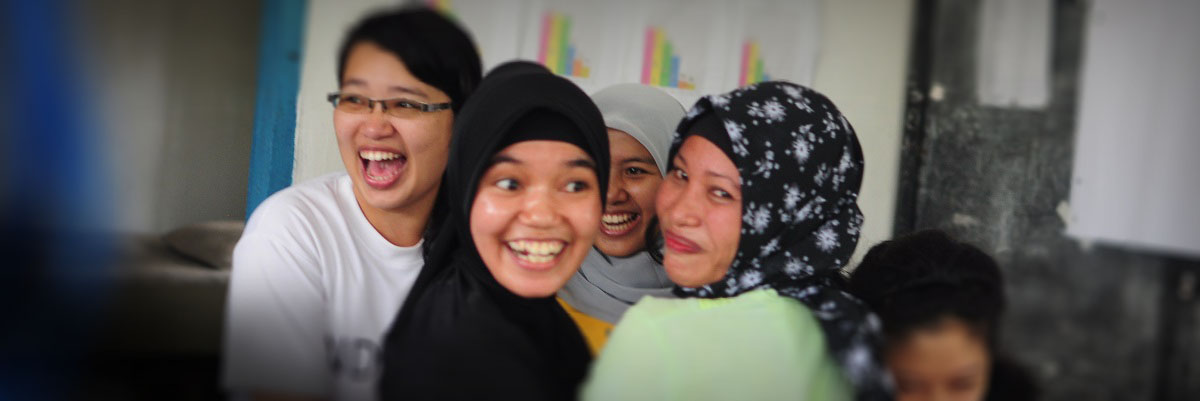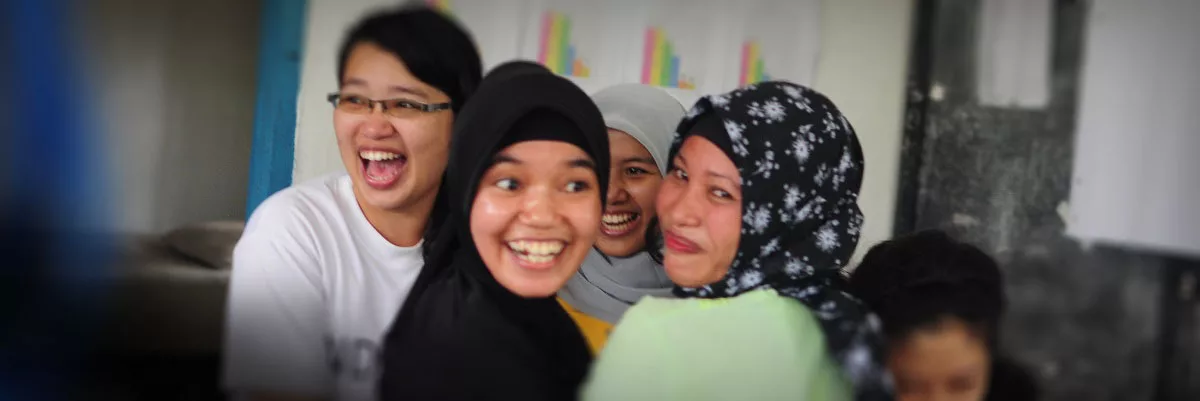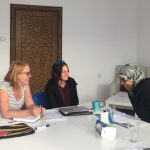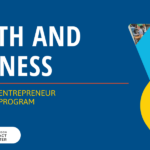By: Fairoz, Nusantara Development Initiatives (NDI)

When NDI began our work about 2 years ago, we were not very certain how things would develop. We had a strong conviction that empowering women in order to end energy poverty, matter. We knew, based on our field observations and research, that women are a powerful link in solving the last mile problem in rural areas. But at that stage, these were just ideas. The first batch of women entrepreneurs whom we trained therefore, would either validate or disprove our assumptions. We called them Mothers of Light. It was a name decided just an hour before the training began. Someone in our team said it would be a nice touch if we have a name to refer to our program. And just like all start-ups, things that would matter later on have in their origins a history that is not spectacular, sexy or based on dazzling insight. In this first batch, we had a lady called Ibu Zaimah. She was the oldest in the batch. She severely lacked basic skills äóńduring the training session, she could not figure out how to fill basic information despite being taught several times. To understand her situation, you would need this context: Imagine that you are a 60 year-old person who is now reporting back to class after a 40-year absence and picking up a pen for the very first time. That was Ibu Zaimah on the first day of lesson. We struggled a lot in helping her keep up. One day, she turned up with her son, whom to our surprise, stayed for the whole lesson. At the end of the day, we asked why her son stayed all the way. She said she wanted her son to learn so that he can in turn teach her at home, and guide her along the way. I think that was the point when things click for us. Like all new initiatives, we made mistakes in the beginning, and will continue to make mistakes along the way. But what we saw became a commonly occurring pattern that distinguishes between those who made change in their community and those who donäó»t. The women who were effective change- makers had grit and a desire to be better. Ibu Zaimah wanted her family to have a better life and saw in this program the opportunity she never had. One year after the program began; her husband lost his job, propelling her as the sole breadwinner. Now, she has become one of the most effective äóÖMothers of Lightäó» in our program. Ibu Zaimah, together with assistance from her son, has sold more than 500 solar lamps and brought light to more than 2000 people. And I would like to think that it was through her that we finally distilled the essence of the term, Mothers of Light, a name that we came up in a rush but now brings with it a greater sense of clarity and purpose.





